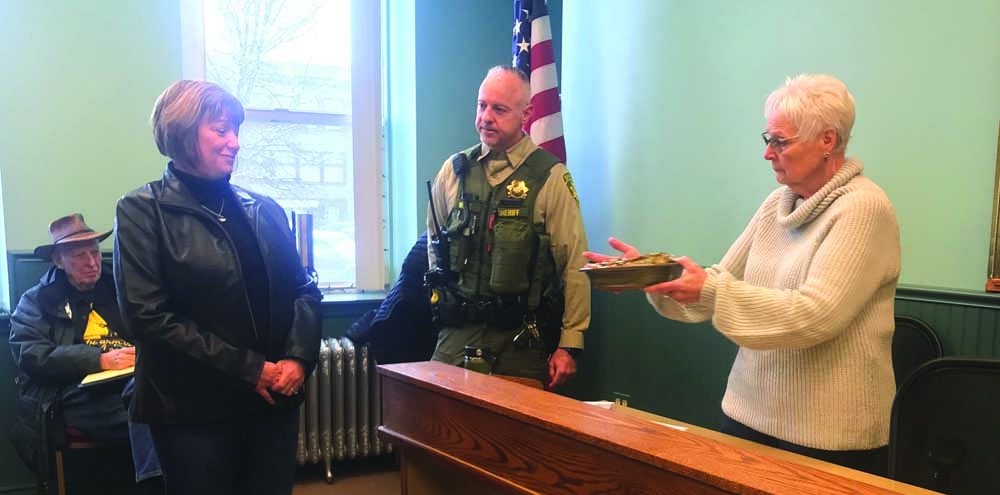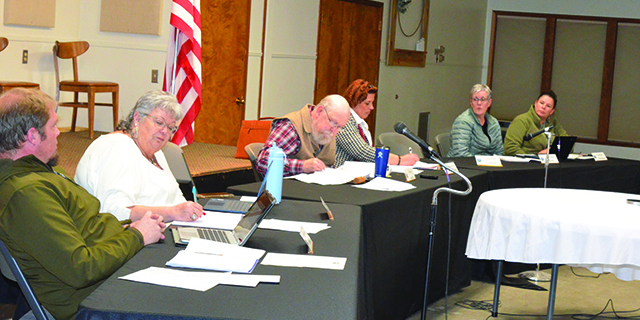Picketing planned for Native Fish Society event
Published 5:00 pm Saturday, March 22, 2014
A big crowd is expected to picket the 18th annual Native Fish Society Banquet & Auction on April 11 in Portland.
The feud between the native-fish advocacy groups such as the society and anglers and industry groups has persisted for decades.
The cause of the current friction is a recent lawsuit by the Native Fish Society and the McKenzie Fly Fishers to block the release of hatchery salmon from the Sandy River Hatchery.
Federal Judge Ancer Haggerty on March 14 ruled that hatchery fish could be released this spring, but reduced the number of coho salmon from the planned 300,000 to 200,000.
The crux of the legal argument was that the removal of Marmot Dam in 2007 and Little Sandy Dam in 2008 allowed unrestricted upstream migration for hatchery fish, allowing them to spawn in great numbers with native fish.
“Our web guy seems to think we’re going to have a couple hundred people there,” to picket on the night of the banquet, said Greg Osburn, the executive director for the Sandy-based Three Rivers Sportsman’s Alliance, one of the central organizers. Osburn said the goal is education and a show of numbers rather than disruption.
“We’re not going to shut it down. We’re not going to break any laws,” Osburn said. “We’re not going to block streets, and we’re not going to block the entrance. But the people who go into the venue are certainly going to be educated.”
The banquet is at 5 p.m. at Montgomery Park, 2701 NW Vaughn St., but picketers are being asked to show up between 3:30 and 4 p.m. to fill the metered parking lot. A circle of trailed fishing boats also is planned around the event site.
“Their anger is misdirected,” said Mike Moody, the executive director of the Native Fish Society, said about the expected protesters. “We didn’t create the law. We didn’t break the law.
The Native Fish Society is arguing genetics and legally mandated federal protections for fish, while the Three Rivers Sportsman’s Alliance is talking economics.
“What thay want to accomplish is going to have a negative impact on the financial situation in Oregon, which is already in dire straits,” Osburn said. “The ramifications of what it would mean to lose hatcheries in this state would be pretty severe, because 90 percent of the fishermen who go fishing would like to have the opportunity to retain fish.
“If you take fish out of the system that you can’t legally retain, you’ll eliminate most of the fishing. And you eliminate the people who like to go and use the gas stations, the stores, the restaurants in the small towns that have those rivers and have those resources.”
Moody countered that the only real way to ensure a healthy future for salmon and steelhead and to get out from under and avoid future Endangered Species Act listings is to rebuild populations of native fish.
“The wild fish are at the heart of all of the fish that they want to catch,” he said. “If they would back off and allow that river an opportunity to recover those wild fish, at some point possibly in the not-too-distant future, there could be a wild harvest.
And he added about the society’s members, “For us it’s about the fish, not the fishing.
“All of us are anglers. We love to fish.”





